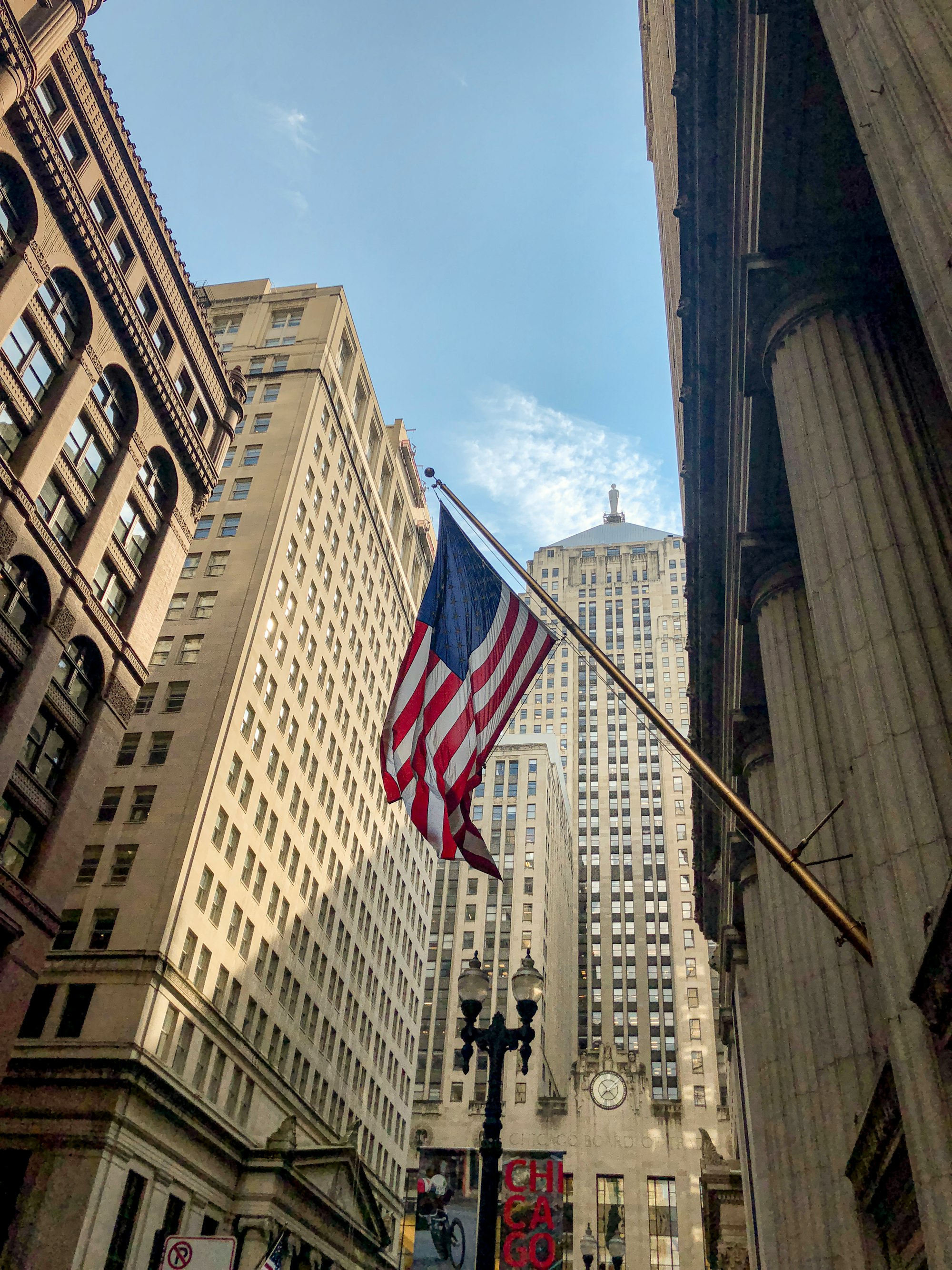U.S. Consumers Slowed Down
In October, Americans curtailed their spending, and inflation subsided as the economy shifted gears from a vigorous third quarter, according to analysts. Economists predict a 0.2% increase in consumer spending for October, a decline from the 0.7% surge in September and the slowest uptick since May. Factors such as diminished income growth, elevated interest rates and prices, depleting pandemic savings, and the resurgence of student loan payments are eroding the ability of Americans to sustain the robust spending seen during the summer.
- The anticipated slowdown in inflation, measured by the Federal Reserve's preferred gauge, is reflected in the estimated 3.5% rise of the core personal-consumption expenditures price index in October compared to a year earlier.
- This represents a deceleration from the 3.7% annual gain in September. Core prices also showed a slowdown, rising 0.2% in October compared to the 0.3% monthly gain in September.
Inflation Cools Down
Inflation has notably cooled throughout the year, with core prices increasing at a 2.8% annualised rate from April to September, down from 4.5% in the previous six-month period.
- Federal Reserve officials are expected to maintain interest rates at a 22-year high during their meeting on December 12-13. The focus for investors has shifted from whether the Fed will raise rates again to when officials will confirm the conclusion of rate hikes.
- Officials emphasise the need for inflation to continue declining toward their 2% target before signalling the end of rate hikes.
The upcoming report from the Commerce Department on personal spending, income, and inflation for October is eagerly awaited. Key points to observe include the ongoing easing of inflation, which is crucial for Fed officials assessing whether they have successfully controlled economic growth, pushing inflation down to their target.
Rates Make An Impact
The rapid pace of rate increases by the Fed, lifting the benchmark short-term rate to a range between 5.25% and 5.5% in July, has been the swiftest in 40 years. The Labor Department's consumer-price index indicates a slowdown in core price increases in October, viewed by some economists as a positive sign for a "soft landing," where the economy weakens enough to bring inflation down without triggering a recession.
- Economic activity lost momentum in October following a summer spending surge that propelled gross domestic output to a 5.2% annual rate in the third quarter.
- October witnessed a slowdown in job and wage growth, a new 13-year low in home sales, and a decline in retail sales, with major chains like Home Depot and Target reporting reduced customer activity.
- The prospect of a soft landing depends, in part, on consumers' behavior, according to Brett Ryan, a senior U.S. economist at Deutsche Bank. Slower growth is essential for the Fed to be confident in achieving the desired economic environment for lowering inflation.
- Factors such as depleted pandemic savings, higher credit costs, and resumed student loan payments could constrain American budgets in the coming months.
Despite these challenges, consumer spending during the five days from Thanksgiving through Monday increased by 7.8% from the same period last year, totaling $38 billion, according to Adobe Analytics. Alex Pelle, U.S. economist at Mizuho Securities USA, notes that the resilient American consumer, coupled with expectations of higher inflation, may complicate efforts to bring inflation back to target, raising concerns about the planned soft landing.
Disclaimer
Please note that Benchmark does not produce investment advice in any form. Our articles are not research reports and are not intended to serve as the basis for any investment decision. All investments involve risk and the past performance of a security or financial product does not guarantee future returns. Investors have to conduct their own research before conducting any transaction. There is always the risk of losing parts or all of your money when you invest in securities or other financial products.
Credits






